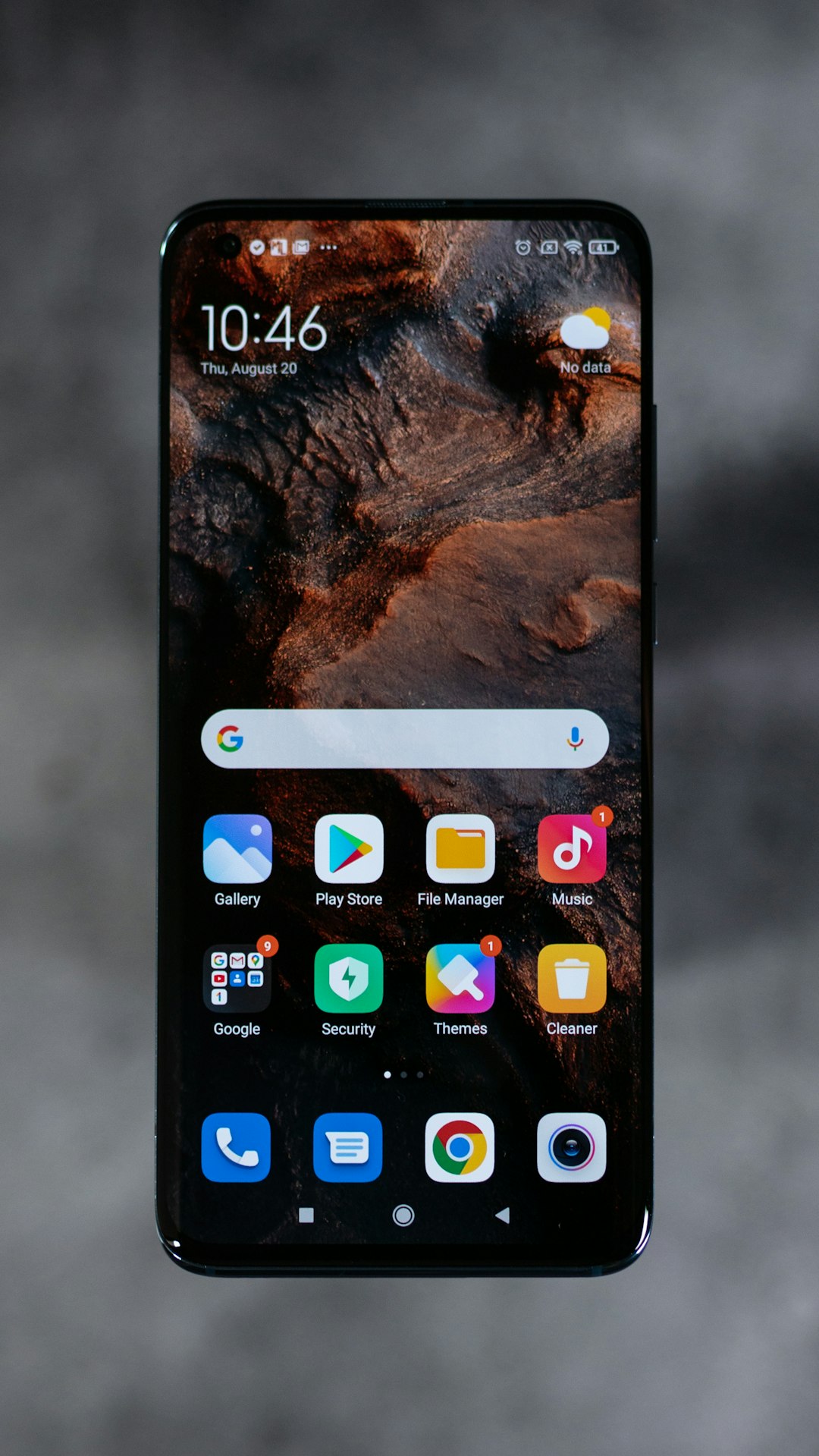Illinois protects residents from spam calls through strict laws and the support of cultural institutions. These institutions educate communities, encourage best practices, and collaborate with telemarketers while navigating legal complexities, including do-not-call lists, blocking apps, and reporting mechanisms. They also partner with spam call lawyers in Illinois to offer guidance and ensure compliance, reducing unwanted robocalls and fostering a safer digital environment.
Illinois residents face a rising tide of unwanted robocalls, prompting a closer look at the state’s cultural institutions and their role in fighting back. This article explores Illinois’ robust legal framework against spam calls and highlights the collaborative efforts of cultural organizations to educate and protect communities. We delve into effective strategies and legal reckonings with telemarketers, empowering residents with knowledge to mitigate these intrusive calls. Discover how Spam call lawyers Illinois are navigating this complex landscape, offering guidance and justice in the digital age.
Illinois' Legal Framework Against Spam Calls

Illinois has established a robust legal framework to combat spam calls, empowering residents with significant protections. The state’s laws are designed to deter aggressive marketing practices and provide effective remedies for those affected by unwanted robocalls. The Illinois Consumer Fraud and Deceptive Practices Act strictly regulates telemarketing activities, prohibiting the use of deceptive or misleading representations in sales or promotional campaigns. This includes automated calls without prior consent, often referred to as spam calls.
In addition, the Illinois Unfair Trade Practices Act offers further safeguards, ensuring that businesses refrain from engaging in unfair or deceptive acts, such as making prerecorded calls for marketing purposes. These legal measures have encouraged many residents to seek recourse through spam call lawyers in Illinois when their rights are violated. The state’s strict regulations send a clear message to telemarketers and can help reduce the influx of annoying spam calls received by its citizens.
Cultural Institutions: Allies in the Fight

Illinois’ cultural institutions play a surprising yet vital role in the ongoing battle against robocalls and spam calls. These institutions, ranging from museums to community centers, are not just hubs for artistic expression but also serve as gathering places where citizens can come together to share information and resources. In this collaborative environment, patrons and staff alike often stumble upon innovative solutions to modern problems, including the rise of automated phone calls that plague many Illinois residents.
Moreover, cultural institutions have the unique ability to connect with diverse communities across the state. By leveraging their networks and reaching out to local organizations and lawyers specializing in spam call lawsuits in Illinois, they can amplify public awareness about robocall nuisance and encourage collective action. This multifaceted approach not only aids in combating unwanted calls but also fosters a sense of community resilience against modern-day communication challenges.
Strategies to Educate and Protect Communities

Illinois’ cultural institutions play a vital role in educating communities about robocalls and providing protection against spam calls. These organizations can host workshops, seminars, and awareness campaigns to help citizens understand the nature and impact of automated telephone marketing. By partnering with local law firms specializing in spam call lawsuits, they can offer practical advice on how to identify and report unwanted calls.
Additionally, cultural centers and libraries can serve as community hubs for sharing best practices to mitigate robocalls. This includes promoting the use of do-not-call lists, blocking apps, and reporting mechanisms. Such initiatives empower residents with knowledge and tools to protect their privacy and reduce the frustration caused by spam calls, ensuring a safer digital environment in Illinois.
Collaborating with Telemarketers: Legal Reckonings

In the ongoing battle against robocalls, Illinois’ cultural institutions are not just passive victims but active participants. When it comes to collaborating with telemarketers, these institutions must navigate a complex legal landscape. Spam call laws in Illinois, including those governing automated phone calls and text messages, provide significant protections for consumers. Institutions that fail to adhere to these regulations risk hefty fines and legal repercussions, as Illinois’ spam call lawyers are well-versed in enforcing these rules.
By partnering with telemarketers, cultural institutions must ensure compliance with not just state laws but also federal guidelines. This involves obtaining explicit consent from individuals before making automated calls, providing clear opt-out mechanisms, and maintaining robust records of caller interactions. Collaborating with spam call lawyers Illinois residents trust can offer these institutions guidance on best practices and help them avoid costly mistakes in their efforts to control unwanted phone traffic.






